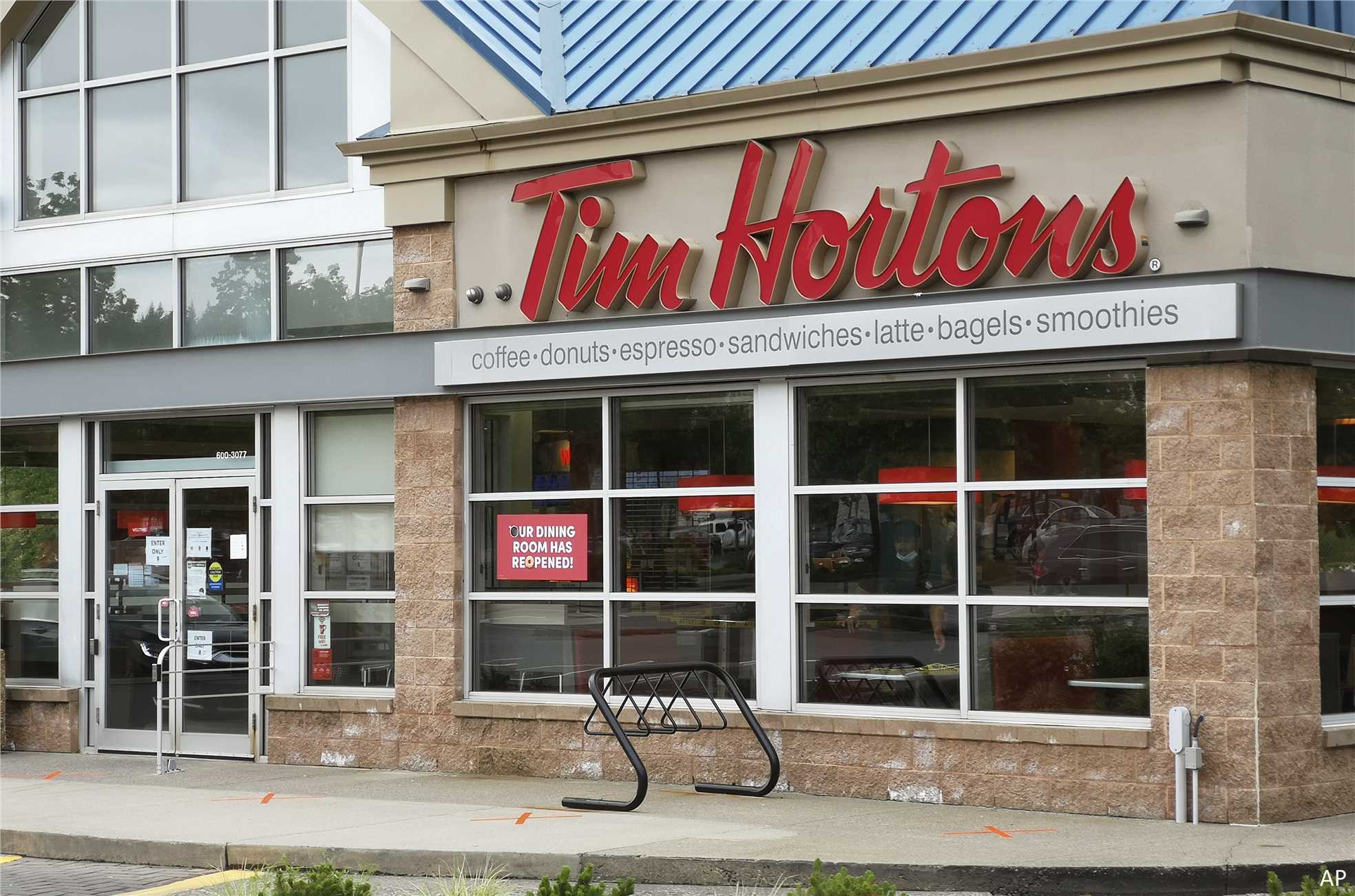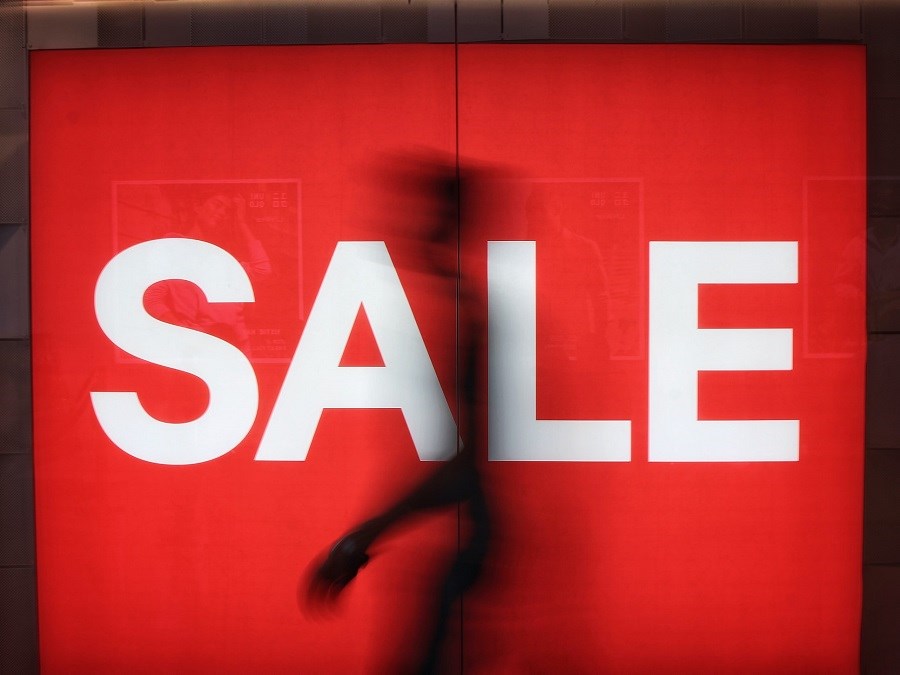
There's just something about the beginning of cold weather that makes the ritual of morning coffee even more pleasant and craving for it stronger. However, as an investment opportunity, the flavour of coffee is favoured around the year.
The numbers bear out the colossal opportunity for the drink’s revenue prospects. The worldwide coffee market, valued at US$102 billion in 2020, is forecasted to double in size to reach US$201 billion by 2027, growing nearly 10% annually.
The coffee industry is built on millions of habitual drinkers who unfailingly reach for their steaming morning cuppa to gear up for the day ahead. The following top brewers can survive fickle consumer trends and economic upheavals as loyal java lovers routinely crave the comforting warmth of coffee.
|
McDonald's Corp |
||
|
Ticker |
||
|
Current yield: |
2.24% |
|
|
Forward P/E: |
25.32 |
|
|
Price |
US$245.30 |
|
|
Fair value: |
US$234 |
|
|
Value |
Fairly valued |
|
|
Moat |
Wide |
|
|
Moat Trend |
Stable |
|
|
Star rating |
*** |
|
|
Data as of Oct 12, 2021 |
||
The global fast-food behemoth, McDonald's (MCDb) is a dominant force in the global coffee market. The company runs operations in 119 countries and rang up sales of US$93 billion in 2020.
McDonald’s revolutionized the restaurant industry with a cheap and fast core menu, which includes coffee, creating a vast footprint through partnerships with independent franchisees. Its core business segments include the U.S., internationally operated markets, and international developmental/licensed.
The fast-food giant is particularly aggressive in China, its largest market, where it plans to invest 2.5 billion yuan (US$381 million) over the next three years as part of a major expansion of its coffee footprint. The company aims to have 4,000 McCafé stores, from about 1,000 existing locations, on the Chinese mainland by the end of 2023.
“As the unquestioned leader in global food-service sales, McDonald's is taking adequate steps to adjust to an evolving competitive landscape, solidifying its brand competitive advantage by leveraging its scale, marketing spending, and strong unit-level profitability,” says a Morningstar equity report.
Management is pushing to intensify its delivery, digital, and drive-thru efforts. “With 20% of orders coming through digital channels in 2020, we believe the pivot is merited, and see long-term upside in reduced labour costs per order, improved order accuracy, and suggestive selling,” says Morningstar sector strategist Sean Dunlop, who recently upped the stock’s fair value from US$231 to US$234, prompted by strong Q2 results.
The Golden Arches reported fiscal second-quarter net sales jumped 57% to US$5.89 billion, while global same-store sales rose 40.5% from a year earlier.
|
Starbucks Corp |
||
|
Ticker |
||
|
Current yield: |
1.77% |
|
|
Forward P/E: |
29.94 |
|
|
Price |
US$110.94 |
|
|
Fair value: |
US$109 |
|
|
Value |
Fairly valued |
|
|
Moat |
Wide |
|
|
Moat Trend |
Stable |
|
|
Star rating |
*** |
|
|
Data as of Oct 12, 2021 |
||
The largest specialty coffee chain in the world, Starbucks (SBUX) is one of the most widely recognized restaurant brands in the world, operating 33,300 stores across 83 countries. It generated a staggering US$23.5 billion in 2020 revenue, or nearly 9% of the aggregate café and bar market worldwide.
“The firm’s attention to premium-quality coffee distinguishes it from chained competitors, allowing Starbucks to charge substantially higher prices while creating a buzz around what has historically been a commoditized product,” says a Morningstar equity report.
Starbucks has been streamlining operations, improving menus, boosting digital engagement, and shuttering some stores. These efforts “strike us as appropriate, with new openings concentrated in underpenetrated middle America and Chinese markets,” says Dunlop, who recently upped the stock’s fair value from US$107 to US$109, incorporating strong Q2 results.
Starbucks’ wide economic moat is underpinned by brand strength, attractive unit-level economics, successful international replication, and strong results in the retail channel. “The firm’s ability to generate excitement and traffic, evidenced by impressive comparable sales growth in the core U.S. market, while spending less on marketing than category peers, reinforces the importance of the brand and its impact on results,” Dunlop notes.
The company’s loyalty program has racked up nearly 22 million active members, driving about 50% of sales volume. “The firm believes that loyalty program members spend as much as 3 times that of non-loyalty program participants, and storing ordering data on a proprietary platform affords the firm an invaluable database of popular item pairings,” says Dunlop, who predicts strong upside in China and Asia-Pacific.
|
Restaurant Brands International Inc |
||
|
Ticker |
||
|
Current yield: |
3.56% |
|
|
Forward P/E: |
15.85 |
|
|
Price |
US$61.57 |
|
|
Fair value: |
US$72 |
|
|
Value |
14% discount |
|
|
Moat |
Narrow |
|
|
Moat Trend |
Negative |
|
|
Star rating |
**** |
|
|
Data as of Oct 12, 2021 |
||
Restaurant Brands International (QSR) is a leading chain of quick-service restaurants with US$31 billion in sales in 2020. The firm’s footprint spans more than 27,000 restaurants in 100 countries. The company’s portfolio comprises Burger King (18,700 units), Tim Horton’s (5,000 units), and Popeyes Louisiana Kitchen (3,575 units).
These global brands allow RBI to push comparable sales growth at or above inflation. “A footprint spanning more than 100 countries, a network of compelling master franchise partners, and competitive unit economics position the firm to benefit from urbanization, a growing global middle class, and increased penetration of chain restaurants in the global food-service market,” says a Morningstar equity report.
RBI’s coffee brand, Tim Hortons, acquired in 2014, boasts compelling economics in its domestic market. “The coffee and bakery concept remains the dominant quick-service restaurant (QSR) brand in Canada, representing some 23% of the Canadian QSR market by sales and an astounding 40% of transaction share, seeing one store per 9,400 Canadians (per Euromonitor and IMF data),” says Dunlop, who recently raised the stock’s fair value from US$69 to US$72, prompted by strong Tim Horton's unit growth abroad.
However, due to domestic saturation, Tim’s growth prospects lean heavily towards international markets. The company plans to open 1,500 Tim Horton’s stores in China, “leaving us encouraged that RBI will finally unlock some of the brand’s international potential, which we posit was one of the primary drivers of the original acquisition,” Dunlop argues.






















